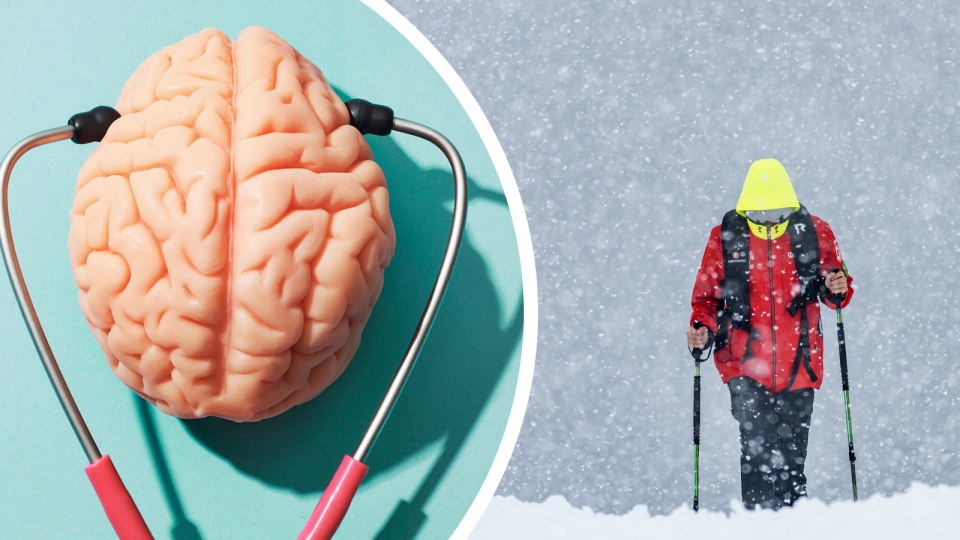The terrifying side effect of isolation on our brains

By now, strict lockdown measures and social distancing rules have meant the majority of us are isolating in our homes, away from friends, significant others and even families.
With gyms shut and outdoor exercise limited to one hour in some states, our physical health has probably taken a hit, but the mental effects of isolation might be a little harder to spot.
Some of us would be feeling lonely, anxious, or – more severely – depressed during this time. But did you know our brains can actually shrink in isolation?
Also read: A behavioural neuroscientist’s tip to increase productivity
Also read: How to keep your mental health in check if self-isolating or working from home
The Antarctic State
Antarctica is probably one of the loneliest, most isolated places on the planet, and new research found expeditioners who travel there often return from it with smaller brains.
Nine expeditioners who spent 14 months in Antarctica returned with slightly smaller brains. according to research by the New England Journal of Medicine conducted last year.
The research suggested that, in particular, the brain structure critical for learning and memory, called the hippocampus, lost “significant volume”: between 4 and 10 per cent.
It found that the expeditioners missed out on brain stimulation from living and working in an isolated research station with just a few select people.
Could that happen to us?
University of New South Wales’ postdoctoral research associate in behavioural neuroscience, Justine Fam, told Yahoo Finance isolation can produce changes to the structure of our brains, but it’s unlikely to happen to us during this period of isolation.
“There certainly have been serious effects of isolation reported in animal studies (i.e. mice and rats), however such studies would have used extreme environments that would have produced not just social isolation but also sensory deprivation,” Fam said.
One study involved transferring mice from one environment that contained other mice as well as toys and other enrichments like mazes, to another environment that was socially isolated and had no toys or other items.
“Not surprisingly, these mice had major structural changes to their brain, but it’s not possible to attribute it to social isolation per se as there were a lot of other things lacking in that environment as well,” Fam said.
But it’s unlikely we’re going to experience any changes to our brain structure during this period, Fam said.
“This requires very extreme levels of isolation (e.g. solitary confinement in prison) which is usually accompanied by sensory deprivation, like a dark and tiny prison cell, and lack of mental stimulation,” she said.
“Such environments are very different from what we can expect from the social distancing measures we should be adopting in response to the Covid-19 pandemic, for example.”
Make your money work with Yahoo Finance’s daily newsletter. Sign up here and stay on top of the latest money, news and tech news.
Follow Yahoo Finance Australia on Facebook, Twitter, Instagram and LinkedIn.

 Yahoo Finance
Yahoo Finance 